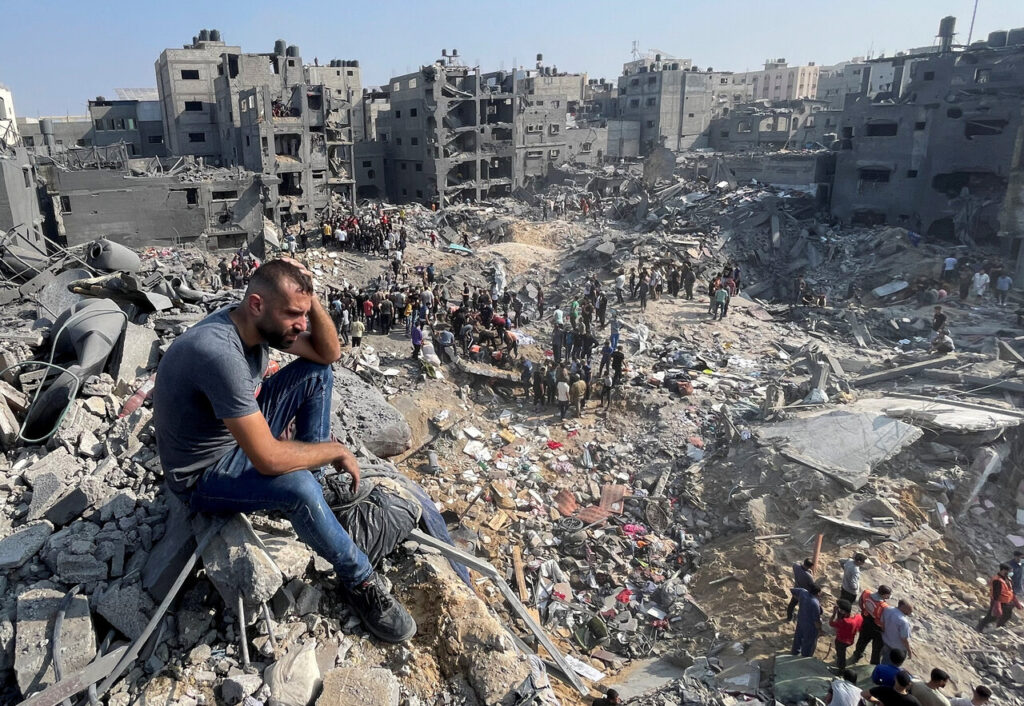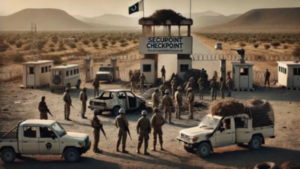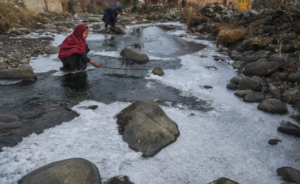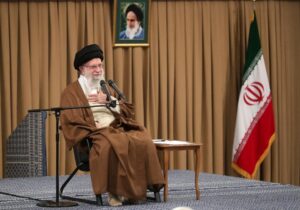IPLAI issues statement on dire situations in Gaza

A simple discussion shared with: Professors of law, lawyers, and legal activists worldwide
The statement was signed by more than 500 lawyers.
The original text is in the below:
Oppressor and oppressed have always been in battles, and history has ever since taught us that battles have the main role in political changes in the world. The contemporary era is not an exception to this rule, and there has always been a conflict between the oppressor and the oppressed. Among the most complicated of these conflicts is the Palestinian issue, during which one side, with the support of world powers, has committed many crimes against the Palestinian Muslim nation, and at the top of these crimes is the ignorance of the identity of an independent and noble nation. Unfortunately, during the recent conflicts, the occupying regime has reached new records of brutality towards these helpless people, who are the actual owners of this land. Most of all, the bombardment of Al-Ahli hospital in Gaza, which was a shelter and a safe place for women, children and the wounded, clearly revealed the criminal nature of this bloodthirsty regime and once again reminded us of their previous crimes such as the massacre of Palestinians in Deir Yassin, Sabra, Shatila and Tantura.
To be accurate, there is no principle of humanitarian rights one can imagine, that the Israeli apartheid regime has not yet violated. Those like the separation of soldiers from civilians (Rule 12 of the set of customary rules of humanitarian law), the principle of necessity (paragraph 3 of Article 41 of the First Additional Protocol of 1977 to the Geneva Conventions), the principle of proportionality (Paragraph 5 of Article 51 of the First Additional Protocol of 1977 to the Geneva Conventions), The principle of precaution (paragraph 1, article 13 of the second additional protocol of 1977 to the Geneva Conventions), the principle of prohibition of blind and aimless attacks (paragraph 4 of article 51 of the first additional protocol of 1977 to the Geneva Conventions) or others like contractual or customary principles in humanitarian law, as well as committing crimes such as targeting protected areas (Article 18 of the Fourth Geneva Convention), targeting and the massacre of civilians (paragraph 2 of Article 51 of the First Additional Protocol of 1977 to the Geneva Conventions), mass murder (paragraphs A and B of Article 7 of the Rome Statute) and Genocide (1948 Genocide Convention) is all a proof for the crimes committed by this illegitimate regime.
Except for some show-offs and worthless condemnations carried out by HR organizations, there has been no effective response to these absolute violations by both international and non-governmental bodies. Noting that everything would appear different if a proportional effort had been made. There is no need to mention that unequal sensitivity and reaction towards the violation of humanitarian rights’ rules and applying double standards always generate anger and hatred in the oppressed. It also represents the ineffectiveness of rights and the fall of the whole system, where the oppressor finds no justice to rely on. Thus, this inaction is not and will not be justified in any way.
In accordance with these crimes and atrocities, a couple of law professors, lawyers and legal activists decided to write this letter to invite scholars, legal associations and HR Institutes in different countries to break their silence and make several demands:
1. An instant stop to the Israeli war crimes: Continuing crimes day after day, the Zionist regime has hidden behind its hypocrisy while being supported by its allies, vetoing any condemning resolution against this apartheid regime. Meanwhile, we all know that the killing machine of the Zionist regime will not and cannot be stopped except by the use of international force. The international pressure of countries, especially Islamic countries (by imposing economic and political sanctions), can be a strong obstacle in front of this regime. In this context, governments and justice-seeking public organizations can play a major role.
2. Criminal prosecution of Zionist authorities: Unfortunately, recent crimes have been committed because of the inaction of the ICC and other authorities and, subsequently, the impunity of the atrocities of this brutal regime. Therefore, as soon as possible, the criminal prosecution of the leaders of this regime should be put on the agenda of the International authorities. It is useful to remind us that the mandate of the prosecutor of the International Criminal Court regarding the crimes of the 22-day war in Gaza is still valid.
3. Openly supporting “the right to resistance” of Palestinian groups against this barbaric and occupying killing machine, as long as the occupation remains. Accepting that as long as the occupation exists, speaking about negotiations for reaching peaceful solutions is totally a joke.








